Berlin After Dark: The Birth of a Nighttime Avant-Garde
Berlin in the 1920s was unlike any other place on Earth — a city that refused to rest. War had left it broken, but its nights burned with restless energy. Cabarets opened their doors as soon as the sun set, welcoming a mix of artists, dreamers, and outcasts who sought refuge in music and intoxication.
The nights stretched endlessly, fueled by jazz, absinthe, and a defiant refusal to mourn. Here, in smoky rooms, the old order was mocked, and a new, chaotic beauty took shape.
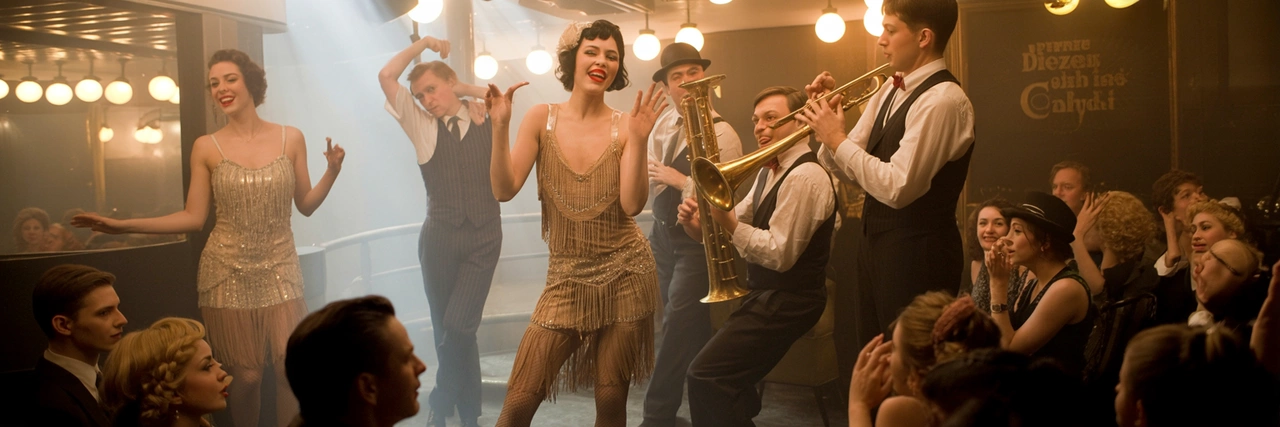
Artists in Berlin did not shy away from darkness. Pain and pleasure collided in paintings and performances that shocked and mesmerized. Otto Dix and George Grosz painted grotesque portraits of a society on edge — distorted faces, brutal realities.
The avant-garde was not polite or pretty. It was raw and urgent, reflecting a city that was both alive and dying. Drugs and music blurred the lines, pushing creativity into realms unseen before.
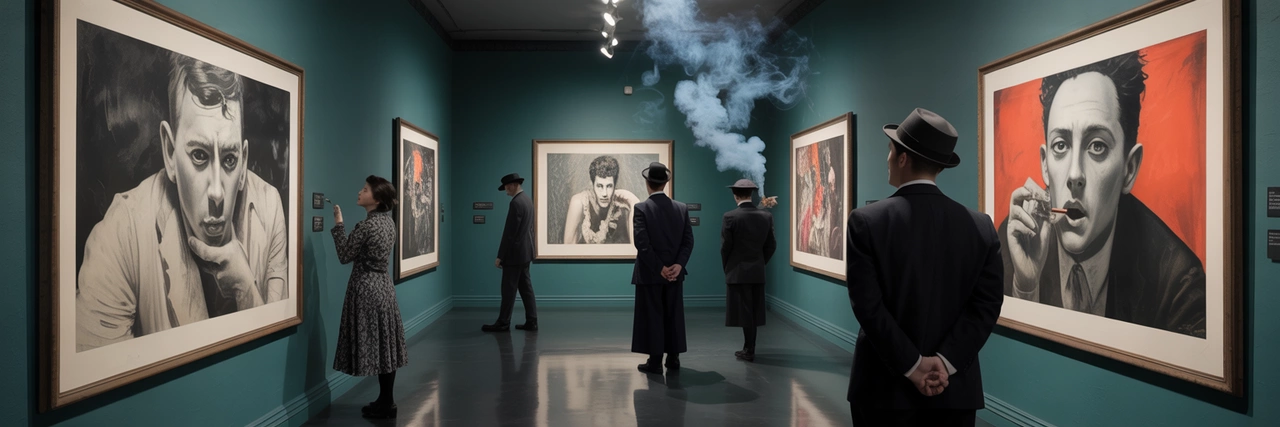
Jazz was the pulse of Berlin nights. Imported from America, it mutated into something darker, faster, more desperate. It wasn’t background music; it was a wild, breathing force. Clarinet wails and drumbeats sounded like cries and gunfire.
I found a dusty record from 1928, recorded in a Kreuzberg basement. The singer’s voice was rough, coated with ash — neither joy nor sorrow, just a declaration: I am still here.
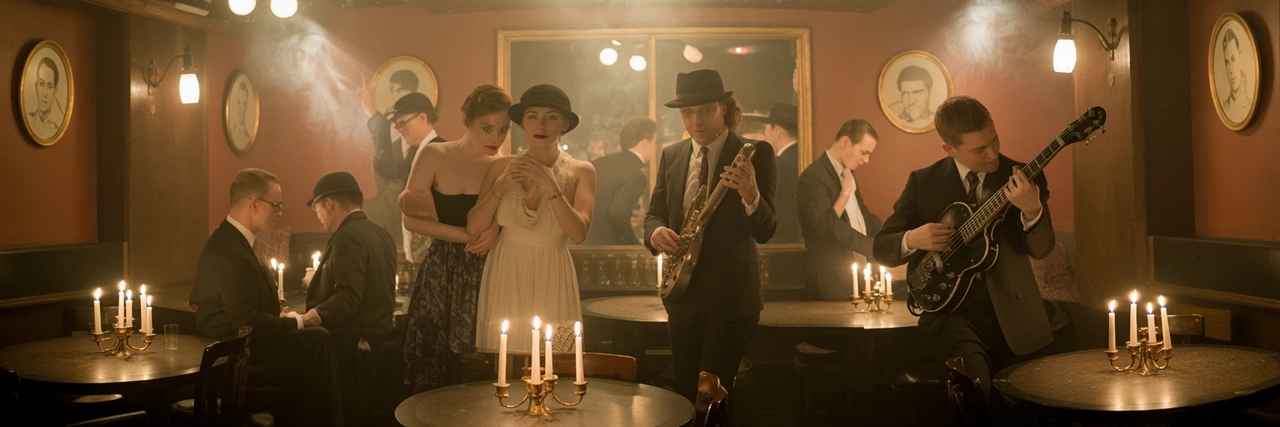
Berlin’s night was freedom’s final stage. The city knew morning might never come — political storm clouds were gathering. But still, they danced, drank, and created as if on borrowed time.
There was no grand revolution — just laughter, pain, and a desperate performance against the silence to come. It was an act of defiance and beauty, the last great show before the darkness.
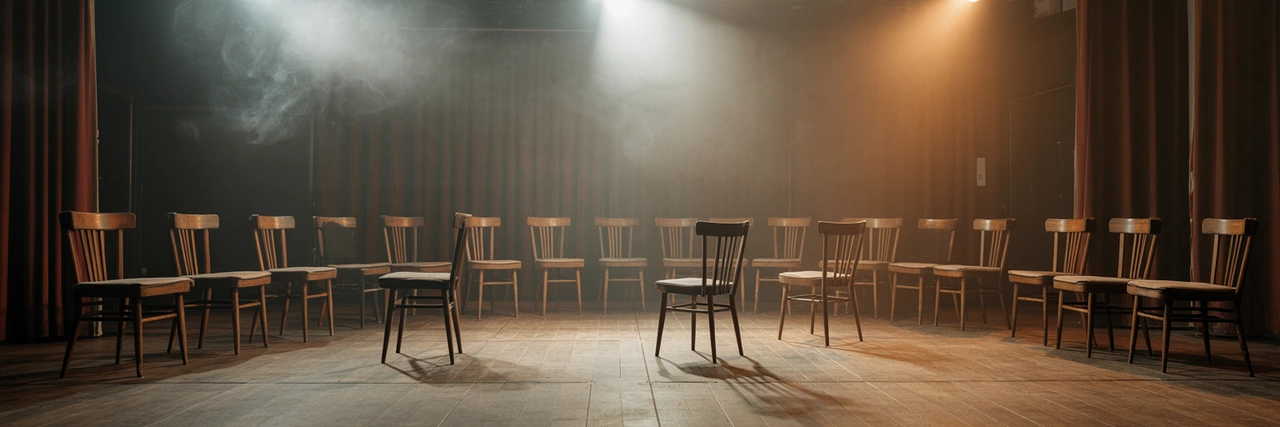
Tonight, when I listen to jazz and sip cheap wine in my quiet apartment, I feel Berlin’s ghosts beside me. Not the city of governments or maps — but the city of night lovers, rebels, and lost souls who chose to burn bright before the dawn.
And every saxophone cry tells me: Don’t fear being too alive, even if it hurts.
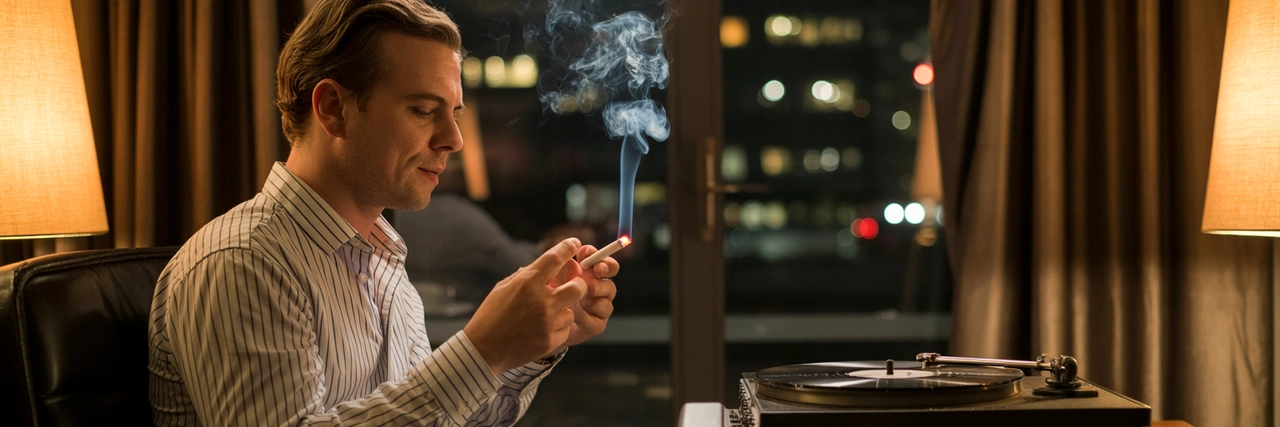
Close